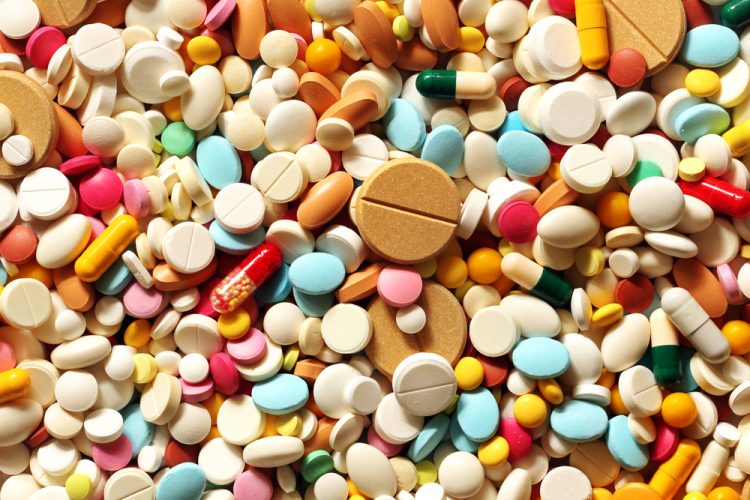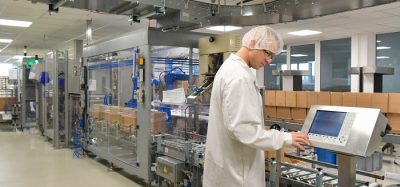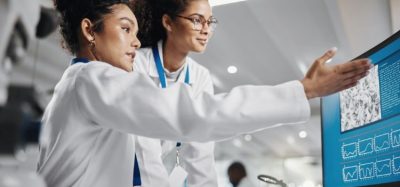UK launches scheme to encourage development of novel antibiotics
Posted: 22 June 2020 | Victoria Rees (European Pharmaceutical Review) | No comments yet
The NHS is offering two contracts to pay pharma companies at the start of their research into antibiotics, to promote the development of new antimicrobials.


The UK government’s Department of Health and Social Care (DHSC) has begun a new scheme to provide novel antibiotics to National Health Service (NHS) patients by offering to pay pharmaceutical companies upfront for their work.
According to the DHSC, the NHS is offering two contracts to pay pharmaceutical companies at the start of their work for access to innovative antibiotics, incentivising them to bring new classes of the drugs to patients across the UK for the first time in almost 30 years and reduce the impact of antimicrobial resistance (AMR).
The payment model, which was launched in July 2019, will pay pharmaceutical companies upfront for access to their antibiotic product, based on a product’s value to the NHS, rather than how much is used.
Of particular interest to the government are antibiotics that can provide alternative treatment options for serious infections, such as bloodstream infections, sepsis and hospital-acquired pneumonia.
Two drugs that have proven to be both safe and effective will be selected to undergo health technology assessment (HTA) by the National Institute for Health and Care Excellence (NICE) throughout 2021 using adapted methods for antimicrobials. The HTA will be used to decide the level of the subscription payment.
The drugs will be made available to UK patients as soon as possible, potentially as early as 2022.
Health Secretary Matt Hancock said: “Resistance to antibiotics is increasing and it is imperative we take urgent action on a national and global scale to protect future generations. This new way of buying antibiotics for patients in the NHS breaks down restrictive barriers to offer companies a vital springboard to foster innovation and develop potentially life-saving new products.”
“We are witnessing the effects of one global pandemic, which has highlighted the threat of communicable disease. Alongside the threat of coronavirus is the increasing risk posed by AMR, exacerbated by a sparse antimicrobial development pipeline,” said Professor Gill Leng, Chief Executive of NICE. “That is why we need to incentivise investment in innovative antimicrobial drug development as soon as possible. Along with our key partners, we have committed to develop and test innovative models for the evaluation and purchase of antimicrobials, applying advanced evaluation methods that recognise their full value to public health.”
Suppliers can now register their interest for the scheme on NHS England’s eTendering Service.
Related topics
Antibiotics, Drug Development, Drug Discovery, Industry Insight, Research & Development (R&D)
Related organisations
UK Department of Health and Social Care (DHSC), UK National Health Service (NHS), UK National Institute for Health and Care Excellence (NICE)









